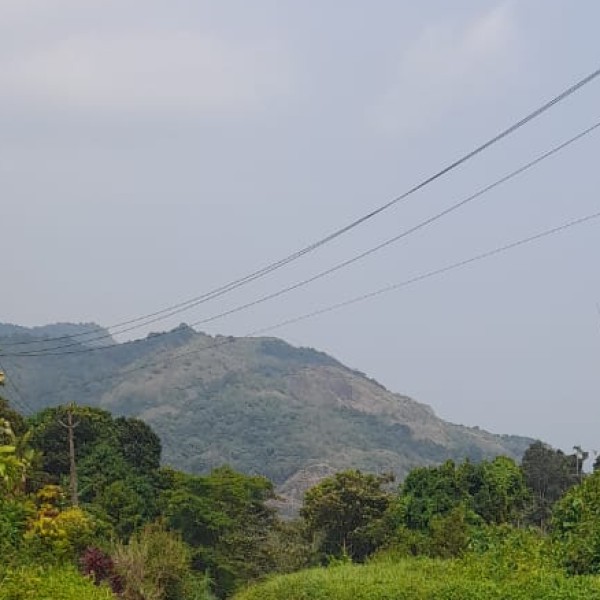Quick Facts
Dibrugarh, Assam – known as the "Tea City of India":
General Overview
- Location: Eastern Assam, on the banks of the Brahmaputra River
- District: Dibrugarh
- Known As: Tea City of India due to its vast tea estates and export centers
- Significance: Major industrial, educational, and commercial hub in Upper Assam
Tea & Industry
- Major Producer: One of the largest tea-producing regions in India
- Industries: Tea, oil, natural gas, petrochemicals, and fertilizer
- Headquarters: Many top tea companies operate from here
- Nearby: Digboi (India’s first oil refinery) and Naharkatia (oil town)
Geography & Nature
- River: Lies on the southern bank of the Brahmaputra
- Nearby Natural Spots:
- Dibru-Saikhowa National Park – Biodiversity hotspot
- Dehing Patkai Wildlife Sanctuary – Rainforest reserve
- Namphake Village – A scenic Tai-Phake Buddhist village
Connectivity
- By Air: Dibrugarh Airport (Mohanbari Airport) – direct flights to Guwahati, Kolkata, Delhi
- By Rail: Dibrugarh Railway Station & New Dibrugarh Station – major railheads
- By Road: Well-connected to Tinsukia, Jorhat, Sivasagar, and Arunachal Pradesh
Education & Institutions
- Dibrugarh University – Premier institution in Northeast India
- Medical College: Assam Medical College and Hospital – oldest in the region
Tourist Attractions
- Radha Krishna Mandir – Beautiful temple in the heart of the city
- Jagannath Temple – Replica of the Puri Jagannath Temple
- Tea Gardens – Visits and guided tours available in and around the city
- Brahmaputra River Cruises – Popular for scenic sunsets
Climate
- Type: Humid subtropical
- Summer: Warm and rainy (25–35°C)
- Winter: Cool and pleasant (10–22°C)
- Best Time to Visit: October to March
Festivals
- Bihu – Major Assamese celebration
- Tea Festival – Celebrates tea culture, held in Dibrugarh and Jorhat
- Durga Puja, Diwali, and local tribal events also widely observed
